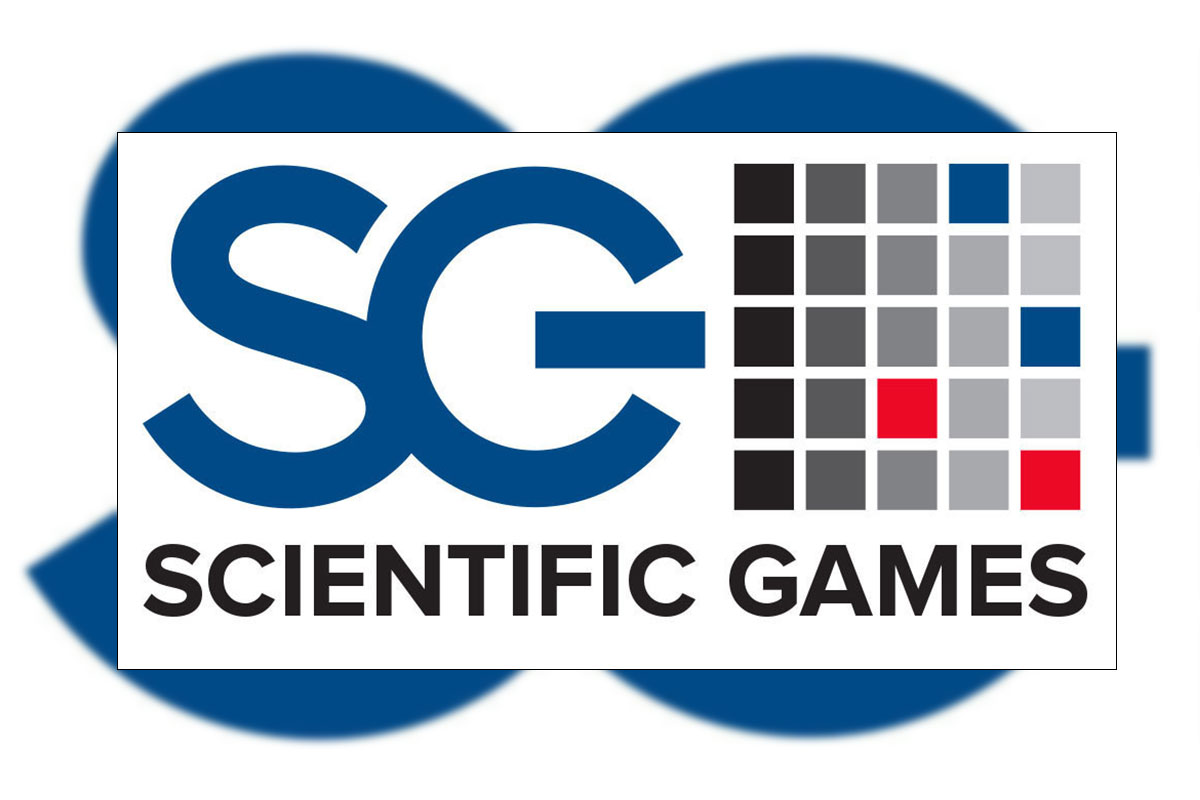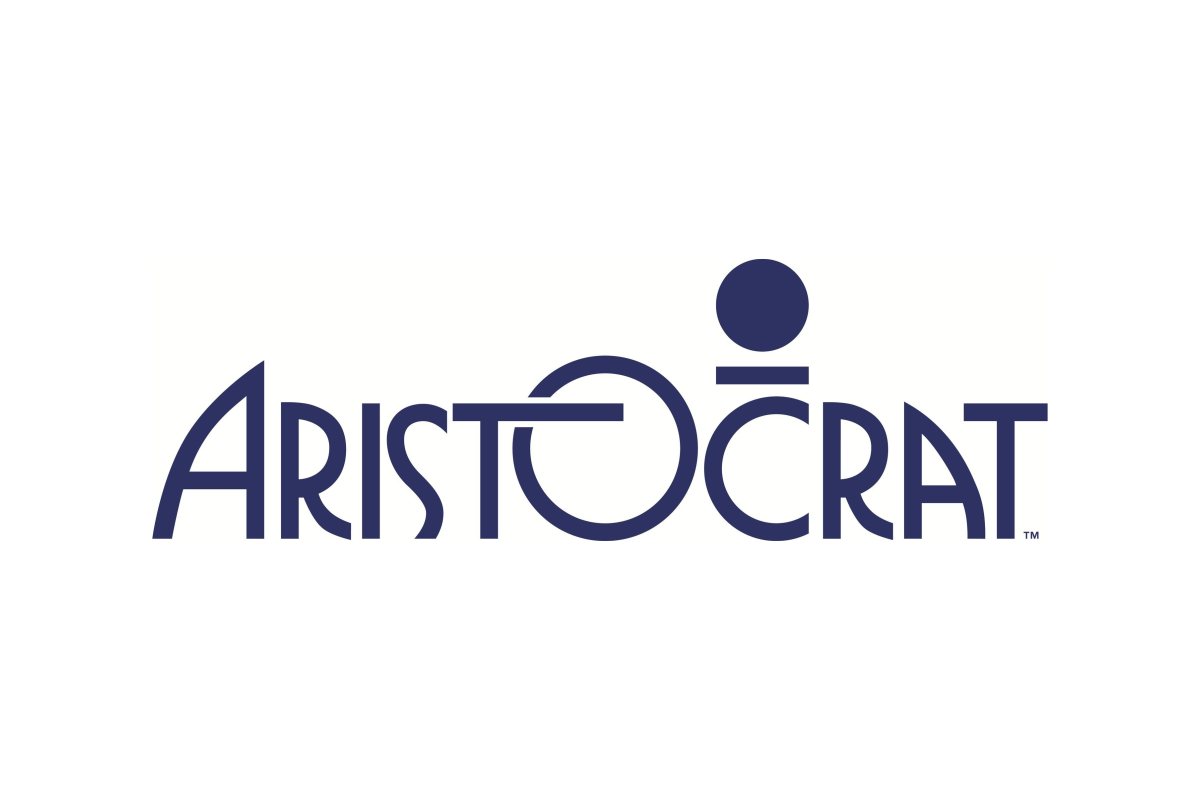
Playing to WIN: CEO’s of DraftKings, FansUnite, ESE and Activision Blizzard Embracing Trillion Dollar Millennials Demand for E-Sports & I-Gaming
Wall Street Reporter, the trusted name in financial news since 1843, has published reports on the latest comments and insights from leaders at: DraftKings Inc., ESE Entertainment, FansUnite, and Activision Blizzard, Inc.
Millennials and GenZ now have $2.5 trillion in spending power, replacing Baby Boomers as the dominant consumer force. The global video gaming industry took in an estimated $180bn in 2020 – more than sports and movies worldwide. The new generation prefers interactive forms of entertainment such as video games and online betting on sports, and e-sports, and i-gaming. Wall Street Reporter highlights the latest comments from industry thought leaders:
DraftKings Inc., CEO Jason Robins: “E-Sports Betting Will Be One of Biggest Categories”
“…We significantly expanded our eSports offering and have seen exponential growth in this category. We added popular Madden simulated games and began to include streaming sports within our app, which has become a very popular feature. In fact, since the return of the NHL, the NBA, and Major League Baseball, users have continued to engage with eSports, which gives us confidence in that product’s future….We believe eSports is going to be a huge category – it’s when not if…we believe ultimately eSports betting will be if not the biggest, certainly one of the biggest categories of sports betting over the long-term.”
In their latest presentation at Wall Street Reporter’s NEXT SUPER STOCK livestream, FansUnite (OTC: FUNFF) (CSE: FANS) CEO Scott Burton, and President Darius Eghdami explained how FUNFF’s latest distribution deal with an online casino games aggregator, sets the stage for exponential revenue growth opportunities. In the next 12 months, FUNFF plans to expand its current line from three games to twelve – while adding multiple aggregators for each game – reaching millions of new online casino customers worldwide. With each game generating as much as $500,000 in revenue per month for FUNFF – per online casino – and the potential to be in hundreds of online casinos – these numbers can quickly add up.
January 11 – FUNFF closes an oversubscribed C$13.4 million private placement driven by strong investor demand. “The successful closing of this upsized financing provides further validation that the global gambling market is seeing a resurgence in demand from investors,” said Scott Burton, CEO of FansUnite. “Despite the headwinds caused by the global pandemic in 2020, we saw consumers adopt and embrace online betting for its ease of access and simplicity. With our seasoned team of gaming operators, global B2C brands, and our industry adopted B2B technology platform, we were able to execute on multiple milestones that delivered value to our customers and shareholders. As we now look to advance our operations globally, we believe this additional capital will allow us to explore strategic initiatives and execute on our vision of becoming a globally recognized iGaming leader.”
December 16 – FUNFF gains first-mover advantage into the U.S. esports betting market, as its long-term partner GameCo joins US Bookmaking and Sky Ute Casino to establish the first dedicated esports sportsbook in the United States. FUNFF wholly-owned subsidiary Askott Entertainment will supply its iGaming platform, Chameleon, as part of a fully integrated esports betting solution. Through GameCo’s partnership with Sky Ute Casino and US Bookmaking, FansUnite will be the first iGaming solutions provider to receive significant exposure in the U.S. esports betting market.
December 7 – FUNFF receives Malta Gaming Service License and Critical Gaming Supply, and will now be able to offer a full spectrum of online gambling services in Europe, covering Casino, Fixed Odds Betting, Pool Betting and Controlled Skilled Games. With MGA approval received, FansUnite will be joining other highly respected gambling companies such as PokerStars, Betfair and Unibet in operating their business within MGA regulations
ESE Entertainment CEO Konrad Wasiela: ”Building A Billion Dollar Global E-Sports Business”
ESE Entertainment CEO Konrad Wasiela, a featured presenter at Wall Street Reporter’s NEXT SUPER STOCK investors livestream conference, shares his vision for building ESE into the dominant player in the multi-billion dollar global E-Sports market. ESE is now rapidly expanding, with multiple revenue streams including, E-Sports infrastructure software powering global tournaments, exclusive digital media distribution, broadcast rights, and owning world-class leagues and teams, including its K1CK global E-Sports franchise.
January 29 – ESE is Presenting at Wall Street Reporter’s NEXT SUPER STOCK livestream. Click here to join: https://bit.ly/2PX0SpH
In his interview with Wall Street Reporter, ESE CEO Konrad Wasiela, says the company is now ready to scale – expanding its global footprint, with new partnerships with global brands like Porsche, driving revenue growth with aggressive focus on top line sales and margin expansion, and M&A opportunities.
January 8 – ESE announces Actina – a leading gaming hardware brand is sponsoring ESE’s K1CK esports team for the 2021 season. The League of Legends K1CK team Competes in Ultraliga, a Riot Games licensed league that is broadcasted on national TV in Poland on the Polsat Games Channel.
December 24 – ESE closes an oversubscribed private placement of C$3.6 million.
December 17 – ESE announces that Nuvei Corporation (NVEI) a leading global payment technology company will be the title sponsor for ESE’s K1CK e-sports team for all of its competitions for the 2021 season, across League of Legends, FIFA, Apex Legends and more.
January 29 – ESE is Presenting at Wall Street Reporter’s NEXT SUPER STOCK livestream. Click here to join: https://bit.ly/2PX0SpH
Activision Blizzard, Inc. (NASDAQ: ATVI) CEO Bobby Kotick: “Billion Dollar Entertainment Franchises – With Momentum”
“…We now expect net bookings in 2020 to grow over 25% year-over-year with earnings per share growing even faster. Since refocusing our teams on our greatest opportunities, we’ve started to return to the execution excellence we’ve always been known for. We have significantly grown the number of creative and commercial employees working on our key franchises. …We’re in a position to deliver sustained and significant long-term expansion across our portfolio of fully owned franchises. As we execute against our content pipeline to extend our key franchises to mobile, introduce new free-to-play experiences and continue to optimize in-game operations we are positioned to continue converting our growing engagement into consistent and long-term revenue and earnings growth.”
“…Call of Duty is the first community to benefit from our pursuit of this franchise based strategy. With over 100 million monthly players, the Call of Duty community is larger than ever before. And with expansion across all platforms the franchise has transformed into a truly social experience that engages and connects our players in truly epic ways. By expanding to mobile, we’ve brought in tens of millions of new players in countries far beyond our traditional audiences. With the game now in final large-scale testing in China and over 50 million players already preregistered, we see a clear path to continue growing Call of Duty’s reach, engagement, and player investment on mobile in the largest mobile gaming market in the world.”
“…There are few entertainment franchises that generate over $1 billion in annual net bookings. And today we operate three of them: Call of Duty World of Warcraft and Candy Crush. And each has clear opportunity for sustained growth…For the balance of this year, we’re raising our outlook and we believe we will continue connecting and engaging more players than ever before in 2021.”









